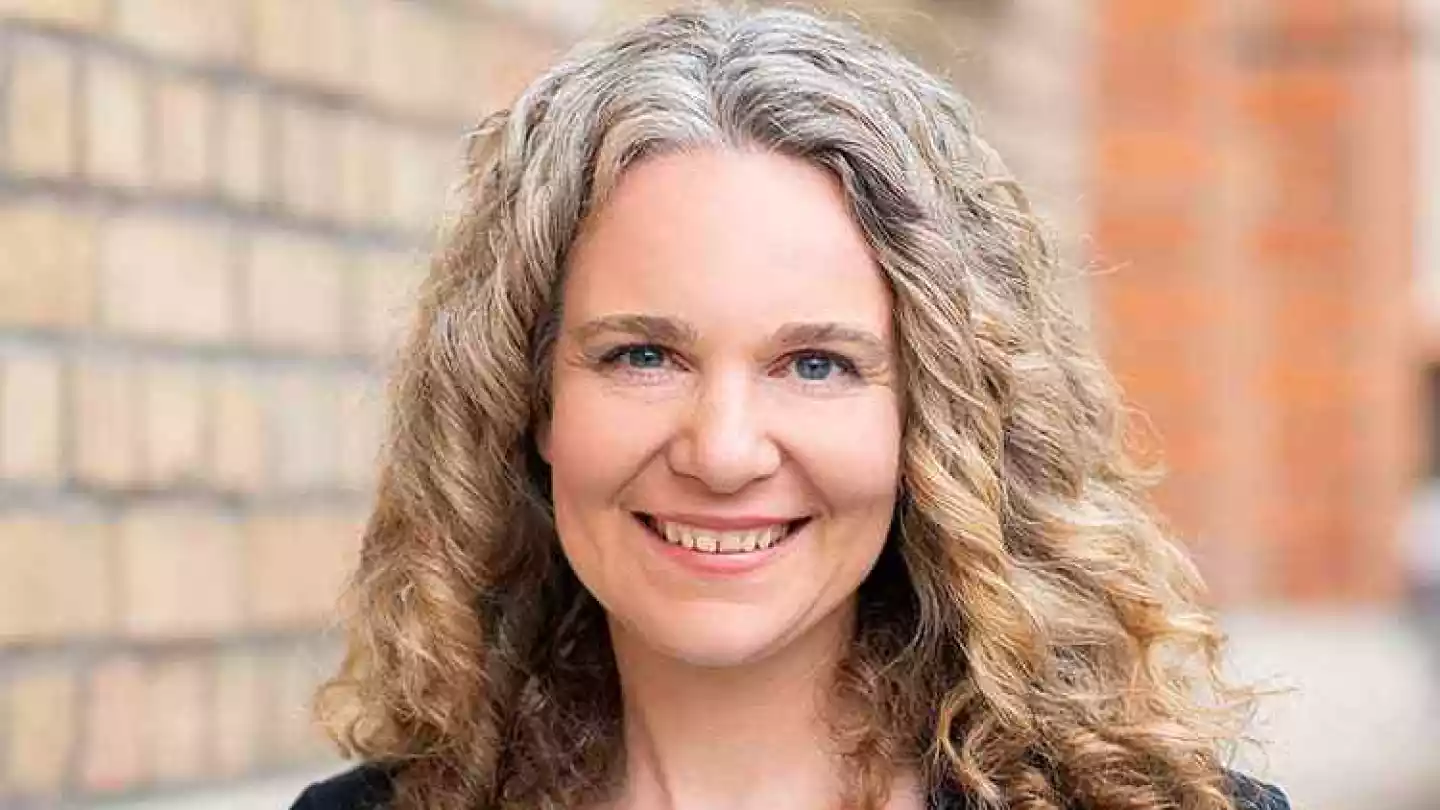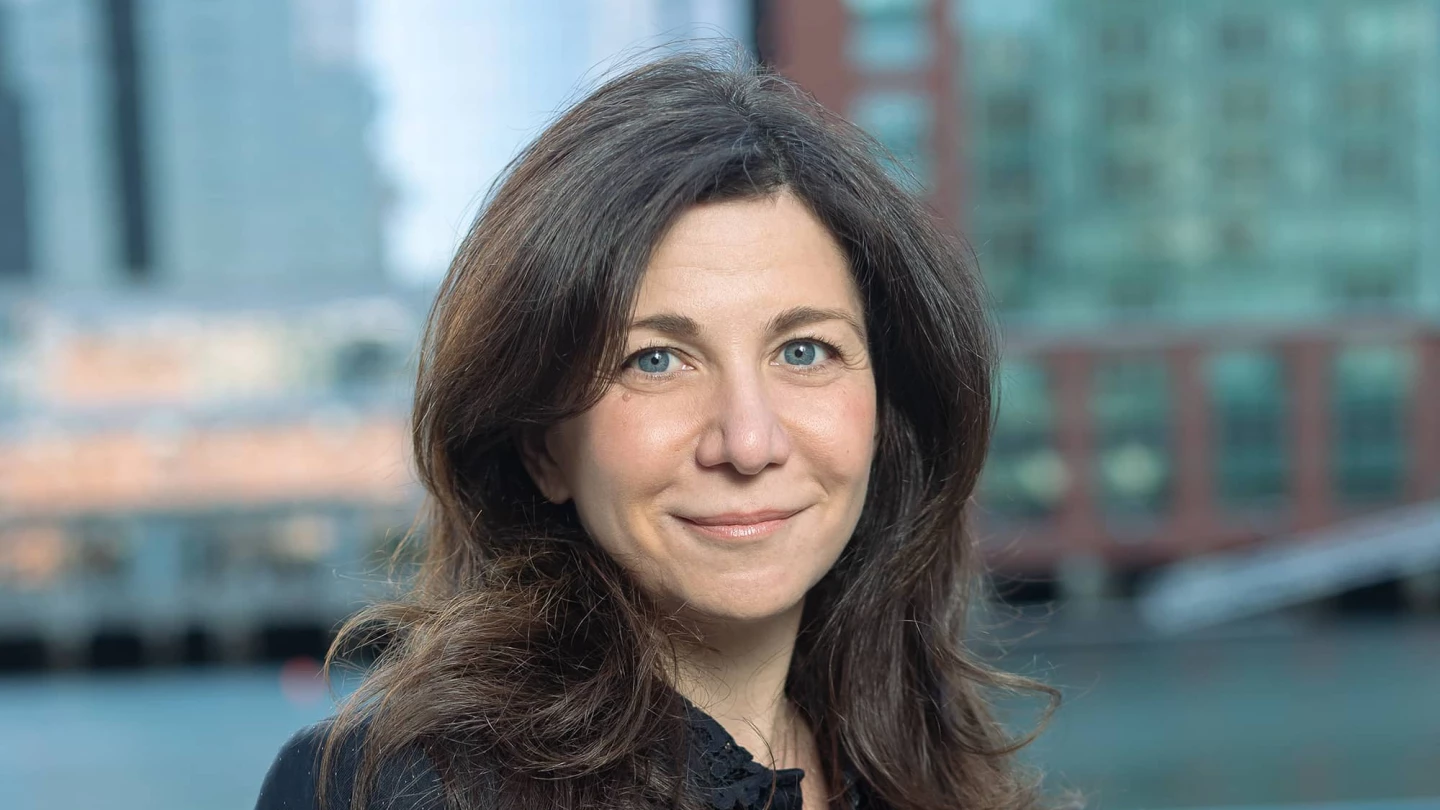What was the impetus behind starting Kora Fertility? Please talk about your journey to an entrepreneurial path.
When I left BCG in 2018, I joined a tech company in the mobility space (a competitor for Uber in LatAm) and I loved the day-to-day thrill of scaling a business, growing 20X a year, and, particularly, building and leading teams at scale. After a while, it became obvious to me that I wanted my next step to be entrepreneurship: I was very excited with the idea of building a company alongside a team to achieve a vision—and what was particularly important to me was to generate a positive impact on society, on a topic close to my heart. That’s when my professional story got together with my personal life: approximately at the same time I was thinking about entrepreneurship, I went through my own fertility journey (I decided to freeze my eggs; I was 34 and single). While going through the process, I realized that fertility issues were very present in society (1 in 6 people are affected globally!) but most people had no idea about it, let alone had access to treatments. I truly believe that everyone, independently of financial resources, has a right to build the family they dream of—and that’s the mission of Kora.
As a founder and chief executive officer, you are understandably having to balance competing strategic priorities in terms of where to spend time and resources in the coming years. How are you defining the most important goals for Kora Fertility for the next three years?
Where to spend time and resources is possibly the hardest task of a founder!
Over the next three years, we want to empower thousands of families across Latin America to reach their dream of starting a family. To achieve this, the most important goals we have at Kora are the following:
Build and grow a high-performing team, deeply connected with our mission. Without a team dedicated to our patients, there is no way to achieve our mission. It’s as simple as that.
Obsess about delivering our promise to our patients—the babies they dream about—with the best possible patient experience. From clinical processes to onboarding our patients to the experience of our centers, we want to make sure our patients feel they are in the best hands and we are delivering the best standard of care (which also means, for instance, always being on the lookout for innovation and new technology advancements).
Set the bases to build a company for the long term. There is a huge need for more accessible fertility care across LatAm (and beyond), and we want to serve this need for many many years, so it’s important we focus from the very beginning on setting healthy foundations for our company (financially, operationally).
The reality is that there is no one set way to be a parent or a professional. As long as the model you’ve chosen makes you happy and fulfilled, that is the most important for your well-being and productivity. You know yourself best, don’t doubt that.”
How does Kora Fertility envision the future of the patient journey and access to fertility care, given recent digital advancements and AI? What excites you about the future of solutions at Kora?
If you look at the experience of a patient going through fertility treatments today (particularly, but not only, in Latin America), truth is, little has changed from when IVF (in vitro fertilization) clinics started 30 years ago. And there is still a lot we don’t know about infertility. For instance, we don’t yet have a way to assess the quality of ovocytes (women’s eggs). What digital advancements and AI can bring together is very exciting: we have a lot of opportunities to make the patient experience simpler, safer, and more accessible to all, which is our mission at Kora.
With digital, for example in telemedicine and remote monitoring, we have the opportunity to make the experience much more patient-centric, allowing patients to go through (part of their) fertility treatments from the comfort of their home—whereas today, they mostly have to visit the clinic every other day for the three weeks an IVF cycle can last. Imagine having to organize that around your work and family schedule.
There is also an unprecedented opportunity to automate large parts of the IVF process and to support doctors (and embryologists) in their decision-making with AI. For instance, you can use AI to assess embryo quality (replacing daily observations by an embryologist) and define which are the best embryos for transfer. By improving the efficiency and effectiveness, you ultimately lower the cost for the patient, making it more accessible and reducing the time to pregnancy. Some people might be afraid by news such as this recent one (April 2023): The first IVF babies conceived by a robot have been born
But I am actually excited about it!
Are there any lessons that you took with you from your time at BCG that continue to influence how you operate and lead your team today?
At BCG, I learned that I was the one to decide what my limits were and I had to be firm on them, and that most of the time it would work just fine to adjust around them. A career at BCG, particularly as an associate or consultant, can mean long hours, a stressful environment at times, and short deadlines. In general, as in life, if you don’t put your limits and speak up about time, no one will put them for you.
For instance, working late on Friday or on weekends was always a no-go for me, and hence, starting with my very first few projects, I’ve respected my own limits—and still do years later.
It is a value dear to me, and one that we’ve fostered at Kora as well.
Do you have a memorable piece of advice you have received that you'd like to share with current BCGers and alumni?
Shape your own path and find a model that works for you especially. I received this advice from a female principal at BCG who I was working with at the time. She was a mother of a young 2-year-old and I remember her telling me that, as long as the model you chose for yourself works for you, and your family, I should not bother with anything else.
A lot of people are often tempted to have an opinion and criticize you—that you might be an absent mother because you’re not able to make it to every school event, or that you’re not working 100% because you have young children. The reality is that there is no one set way to be a parent or a professional. As long as the model you’ve chosen makes you happy and fulfilled, that is the most important for your well-being and productivity. You know yourself best, don’t doubt that.



